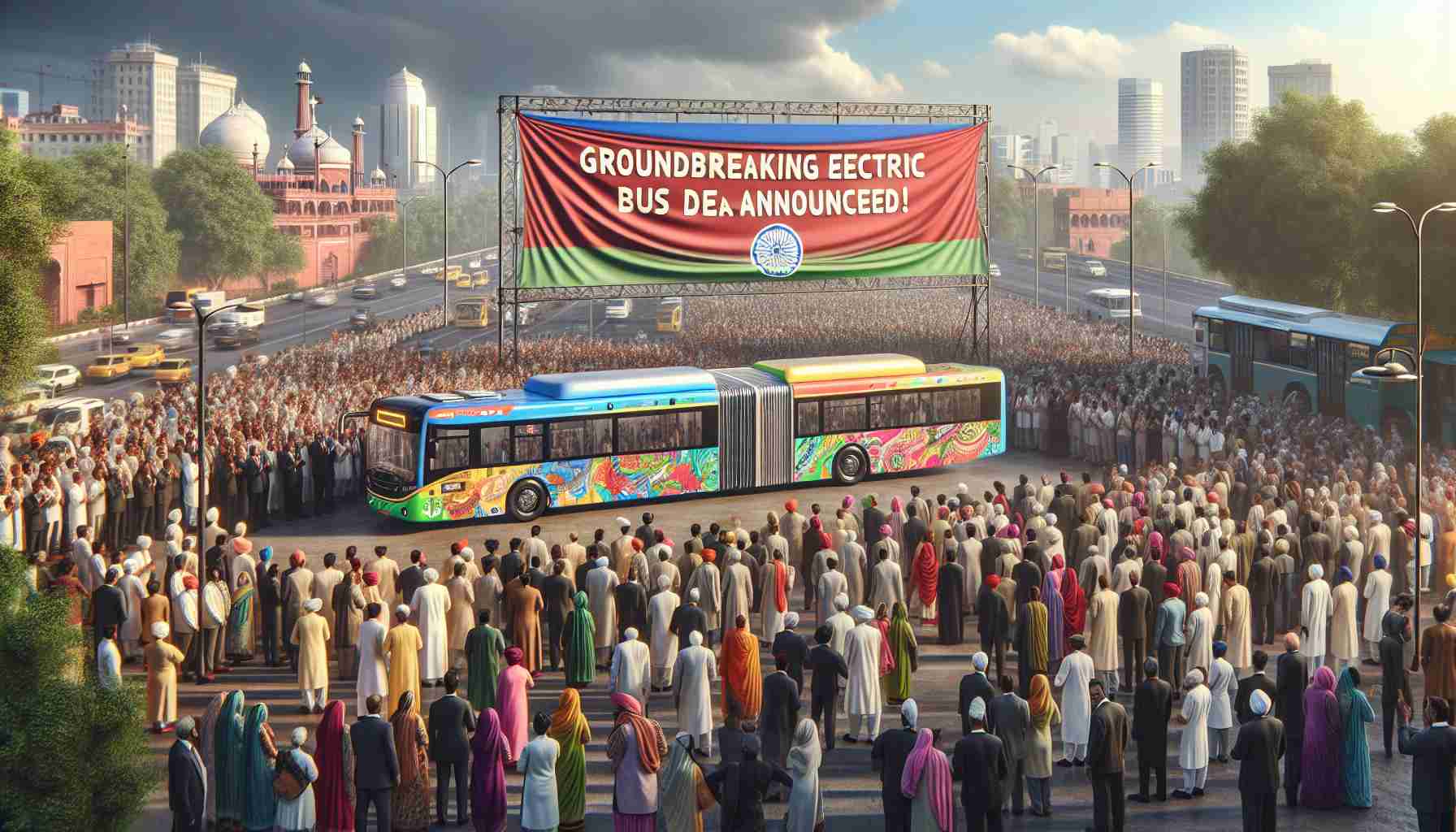
Transforming Urban Mobility
In a landmark move, EKA Mobility has forged two pivotal agreements with the Uttar Pradesh State Road Transport Corporation (UPSRTC), amounting to around INR 150 crore. This initiative will bring 70 state-of-the-art electric buses to the fleet, signifying a crucial advancement in India’s journey towards greener public transportation.
These electric vehicles (EVs) are set to revolutionize the UPSRTC’s offerings, significantly cutting emissions while enhancing both operational efficiency and passenger comfort. The models, EKA 12 and EKA 9, are engineered with electric drivetrains and specialized battery systems that cater to the challenges of Indian terrain.
With a commitment to reliability, both bus models are equipped with features such as advanced thermal management and regenerative braking systems. These innovations allow the buses to achieve impressive ranges of up to 200 kilometers on a single charge, ensuring they meet the rigorous demands of daily commuters.
To support these initiatives, EKA Mobility will install necessary charging stations featuring fast-charging capabilities to reduce downtime significantly. Accompanying this supply is a decade-long Annual Maintenance Contract (AMC) designed to keep the buses operating in optimal condition throughout their service life. This collaboration is set to reshape public transport and foster a sustainable future for urban mobility in India.
Revolutionizing Public Transport: EKA Mobility’s Electric Bus Initiative
Transforming Urban Mobility with EKA Mobility
EKA Mobility has taken a significant step towards sustainable transportation in India by entering into two major agreements with the Uttar Pradesh State Road Transport Corporation (UPSRTC) valued at approximately INR 150 crore. This collaboration will introduce 70 cutting-edge electric buses, marking a pivotal advancement in the nation’s commitment to greener public transit solutions.
Features of EKA Electric Buses
The new electric buses, specifically the EKA 12 and EKA 9 models, come equipped with advanced electric drivetrains and robust battery systems designed to withstand the demands of Indian terrain. The notable features include:
– Advanced Thermal Management: This system allows for optimal battery performance, particularly in varied climatic conditions.
– Regenerative Braking: This technology not only enhances the operational efficiency of the buses but also extends their driving range by converting kinetic energy back into stored energy.
These buses boast a remarkable range of up to 200 kilometers per charge, making them an attractive option for urban commuters while significantly minimizing emissions.
Charging Infrastructure and Maintenance
To ensure the success of this initiative, EKA Mobility will also set up essential charging infrastructure throughout the region. The installation of fast-charging stations will be crucial in reducing the downtime for buses, ensuring they can serve the public effectively. Additionally, EKA Mobility has committed to a decade-long Annual Maintenance Contract (AMC), guaranteeing that the buses remain in excellent operating condition for years to come.
Environmental Impact and Sustainability
This move by EKA Mobility aligns with global trends towards electric vehicles and sustainable public transportation systems. By reducing greenhouse gas emissions and reliance on fossil fuels, the introduction of these electric buses is expected to contribute significantly to improving urban air quality and combating climate change.
Pros and Cons of EKA’s Electric Buses
Pros:
– Significant reduction in emissions compared to diesel buses.
– Improved passenger comfort with quieter and smoother rides.
– Lower operational costs over time due to electric charging.
Cons:
– Initial investment and infrastructure development costs are substantial.
– Dependence on charging infrastructure for extended operations may be a challenge in certain areas.
Future Trends and Insights
As urban areas in India continue to expand, the demand for efficient and sustainable public transportation solutions will only grow. EKA Mobility’s initiative serves as a template for other states and cities looking to modernize their public transport systems. Furthermore, with the increasing emphasis on sustainability, electric buses may soon become standard across major urban centers in India.
For more insights into urban mobility solutions, visit Example Domain.